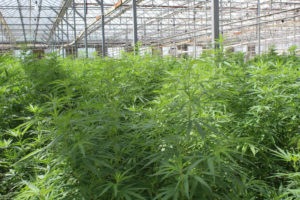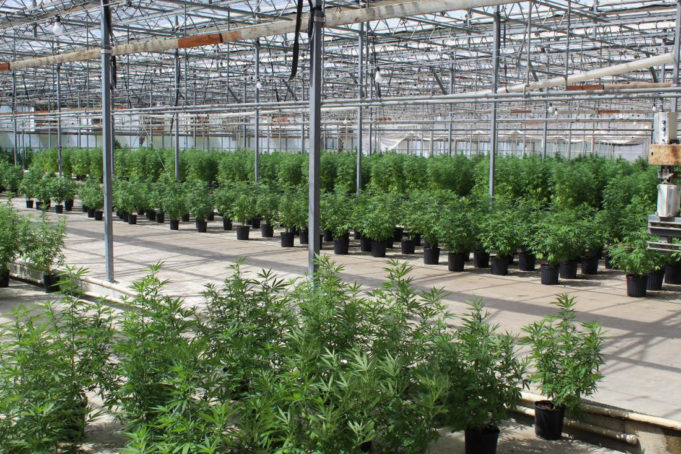The recent order from the Texas Department of State Health Services (DSHS) to hemp retailers was, um, blunt. The retail sale of smokable hemp is now illegal in the Lone Star State. Users of CBD, CBG, and other medicinal cannabinoids are still free to toke hemp flowers but won’t be able to purchase pre-rolled blunts, vape pens, and other smokable forms of hemp flower from retail stores under the new guidelines.
The move seems oddly out of step with Texas’ recent decision to legalize the farming of hemp. Last March, the Texas Department of Agriculture began issuing permits for farmers to grow and process hemp that contains less than .3% THC, the psychoactive agent in marijuana that does a lot more than just get folks stoned. Many sufferers of post-traumatic stress disorder (PTSD) rely on THC to relieve their anxiety or reduce suicidal ideations.
While 11 states have accepted the medical and tax-raising benefits of legalizing the medical and recreational uses of the cannabis plant, elected officials in Texas remain both unwilling to decriminalize marijuana and mistrustful of smokable hemp. Fortunately, heel-dragging in the Texas legislature hasn’t stopped reforms elsewhere in the state. Dallas County District Attorney John Creuzot announced last year that his office will not prosecute first-time offenders for misdemeanor levels of marijuana possession. Earlier this year, Austin City Council adopted a similar stance for its police force. Last April, San Marcos became the first Texas city to codify cite-and-release for low-level possession of marijuana into law.

Decriminalizing possession of small amounts of marijuana saves taxpayers money, frees police to handle actual crimes, and weakens a law that, at least in its enforcement, is inherently racist. In 2019, the Tarrant County District Attorney’s office accepted misdemeanor criminal charges (possession under two ounces) against 3,767 men and women. Of that number, 52% of the alleged “criminals” were Black, even though the Black community accounts for only 15% of Tarrant County’s population. Add in Latinx folks, and that pool of defendants consists of 63% persons of color.
Those statistics clash with the realities of marijuana use based on race. A recent Gallup poll found that 14% of white Americans reported regular marijuana use compared with 9% of non-white respondents. The racial disparity in marijuana arrests is well known and documented. A 2020 analysis by the American Civil Liberties Union found that “Black people are 3.64 times more likely than white people to be arrested for marijuana possession, notwithstanding comparable usage rates.”
Any steps that reform marijuana laws, whether it be fighting bans against smokable hemp or supporting cite-and-release laws, serve to weaken an unjust and racially biased law that needlessly arrests or incarcerates hundreds of thousands of nonviolent men and women each year.
Texans are fighting back. To protect the availability of smokable hemp, Texas Hemp Growers recently raised $15,000 to support legal efforts aimed at what they call overreach by DSHS.
“When DSHS starts to enforce its rules, the attorneys are planning to file a briefing in court where they will request a temporary restraining order,” said group president Zachary Maxwell. “If we can get that, DSHS can’t enforce the ban while we are litigating in court.”
Tim Blackwell, owner of Fort Worth-based Zen Alchemy Labs, said combining CBD and THC can have pain- and stress-relieving benefits for the very people who currently over-police marijuana laws. He offers a discount on CBD products for peace officers, a group that suffers above average rates of PTSD.
“A 50/50 dose of CBD and THC is one of the best pain managers available,” he said. “You can have pain relief and still function. Anyone who is blending CBD and THC isn’t doing it to party. That’s for sure.”
DSHS’ ban on smokable hemp, while probably appealing to social conservatives, does nothing to promote public safety. The ban does cut into the profits of CBD retailers who are struggling to stay open during an economic downturn. The move shows just how out of touch state bureaucrats are with a plant that defies being restricted from safe and responsible use.













Thanks for this informative article on marijuana reform. We appreciate staying up-to-date regarding this topic. Thanks for all of your hard work!